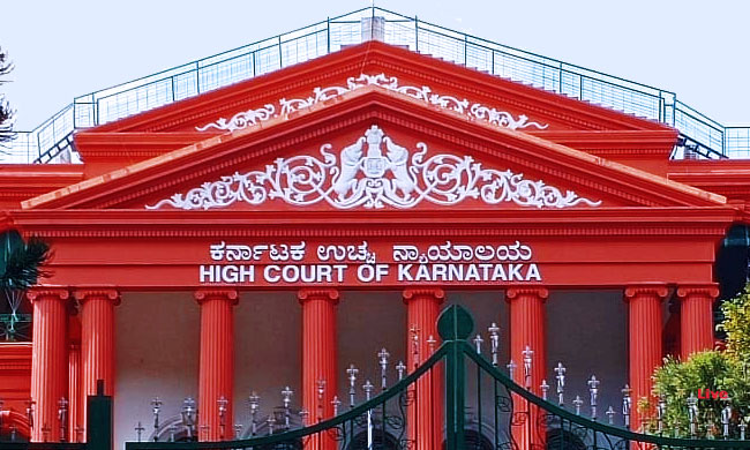The Karnataka High Court has ruled that since the agreement between the parties provided for a 'non-binding' arbitration, there was absolutely no intention of the parties to enter into an arbitration agreement and that the said agreement could not be termed as an arbitration agreement. The Single Bench of Justice Sachin Shankar Magadum held that since under the relevant clause in...

